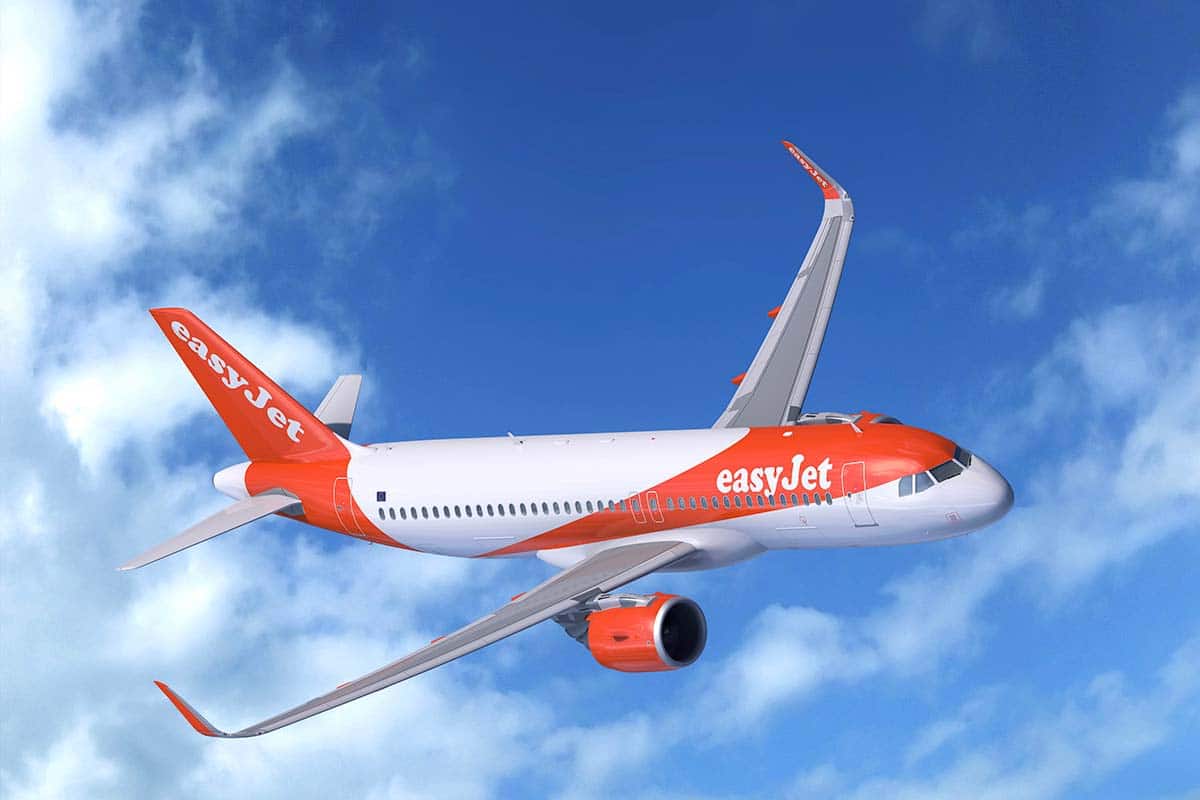Low-cost airline easyJet has confirmed an order for an additional 157 aircraft from the A320neo family, following approval from its shareholders. The firm order includes 56 A320neo and 101 A321neo planes, as well as the conversion of an existing order of 35 A320neo to A321neo. This significant deal is part of easyJet’s fleet renewal and upgrade plan while also bringing substantial environmental improvements and cost savings to the company.
A320neo: A game-changer in aviation
The A320neo (New Engine Option) is a single-aisle, narrow-body aircraft that offers advantages such as increased fuel efficiency (up to 20%) and reduced noise levels compared to previous models. With advanced aerodynamics and new engine technology, the A320neo has become a popular choice among global airlines, including Lufthansa, British Airways, and AirAsia.
EasyJet’s investment in the A320neo series aircraft will not only lower operating costs but also improve passenger comfort and convenience. As a result, the airline can enhance its competitive edge in the market.
Environmental benefits
Besides financial benefits for the airline, this latest agreement with Airbus will also prove advantageous for the environment. The A320neo’s innovative eco-friendly design reduces CO2 emissions by up to 15% and cuts NOx emissions by half. According to Airbus, each A320neo saves approximately 4,700 tons of CO2 per year compared to older generation aircraft.
In line with their commitment to sustainable operations, easyJet aims to use these new aircraft to achieve its net-zero goal and operate a carbon-neutral fleet in the future. As air travel demand continues to rise, airlines must invest in greener options such as the A320neo to ensure sustainable growth.
Creating cost savings for easyJet
Fuel efficiency and lower maintenance costs contribute significantly to overall savings when operating the A320neo fleet. The estimated fuel saving per year per aircraft is approximately $1 million, which translates into substantial financial benefits for easyJet.
Additionally, the A320neo’s longer range increases flexibility in route planning and allows access to more routes for the airline – a valuable asset in today’s fiercely competitive aviation market. With fewer technical stops and better use of airport slots, easyJet can further improve profitability and grow its network.
A vote of confidence for Airbus
This latest order from easyJet signals the increasing confidence of airlines worldwide in the European plane manufacturer. In recent years, Airbus has made great strides in the aviation industry through the introduction of cutting-edge technology and eco-friendly designs like that in the A320neo. This deal with easyJet strengthens the A320neo family’s position among major carriers across the globe.
Facing global competition
Despite ongoing challenges due to supply chain bottlenecks, geo-political tensions, and intense market competition, this substantial endorsement by easyJet demonstrates faith in Airbus’ capabilities and support for its commitment to delivering top-quality aircraft that meet environmental and operational demands.
As one of the few leading players in large commercial aircraft manufacturing, Airbus faces stiff competition from Boeing. Achieving major deals such as this with easyJet will play a crucial role in maintaining Airbus’ leading status in the market and pushing it even further ahead on the innovation front.
A key deal for both parties
In conclusion, the confirmed order for 157 A320neo aircraft by easyJet is a milestone agreement for both companies. EasyJet benefits from improved operational efficiency and greater competitiveness, while Airbus enhances its market position with this substantial endorsement.
As the aviation industry continues to navigate turbulent times, major deals such as this one will play a significant role in driving growth, promoting sustainability, and shaping the future of air travel across the globe.









